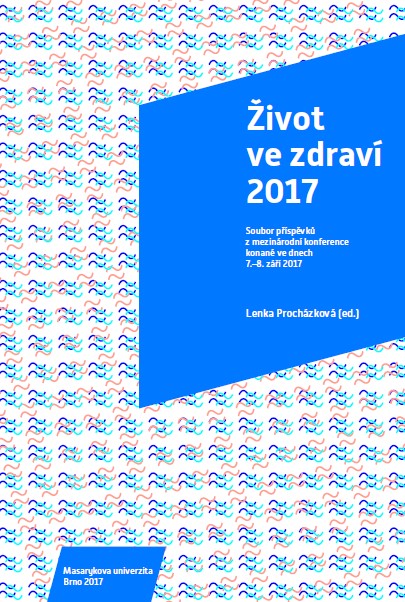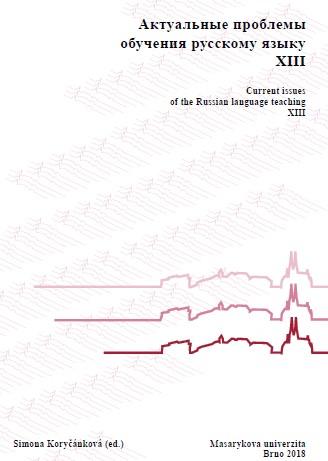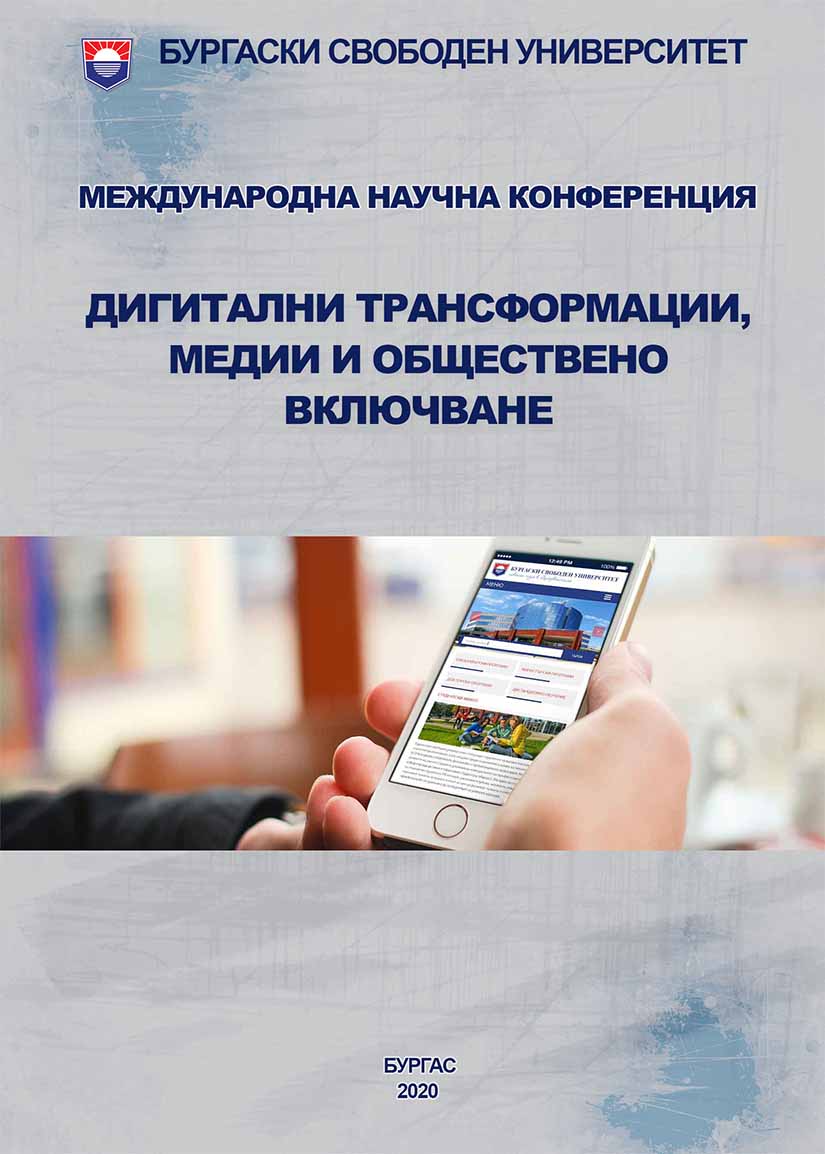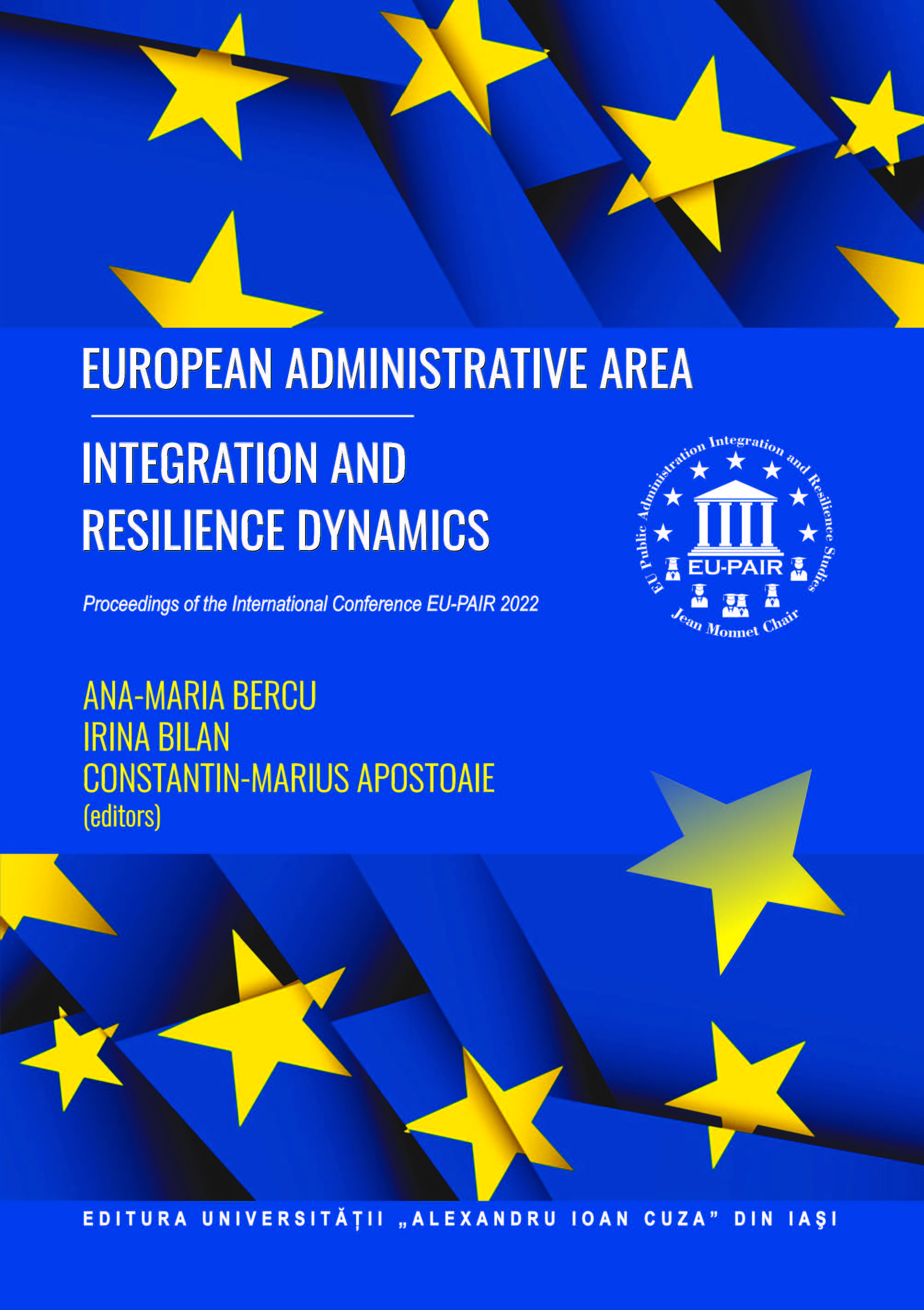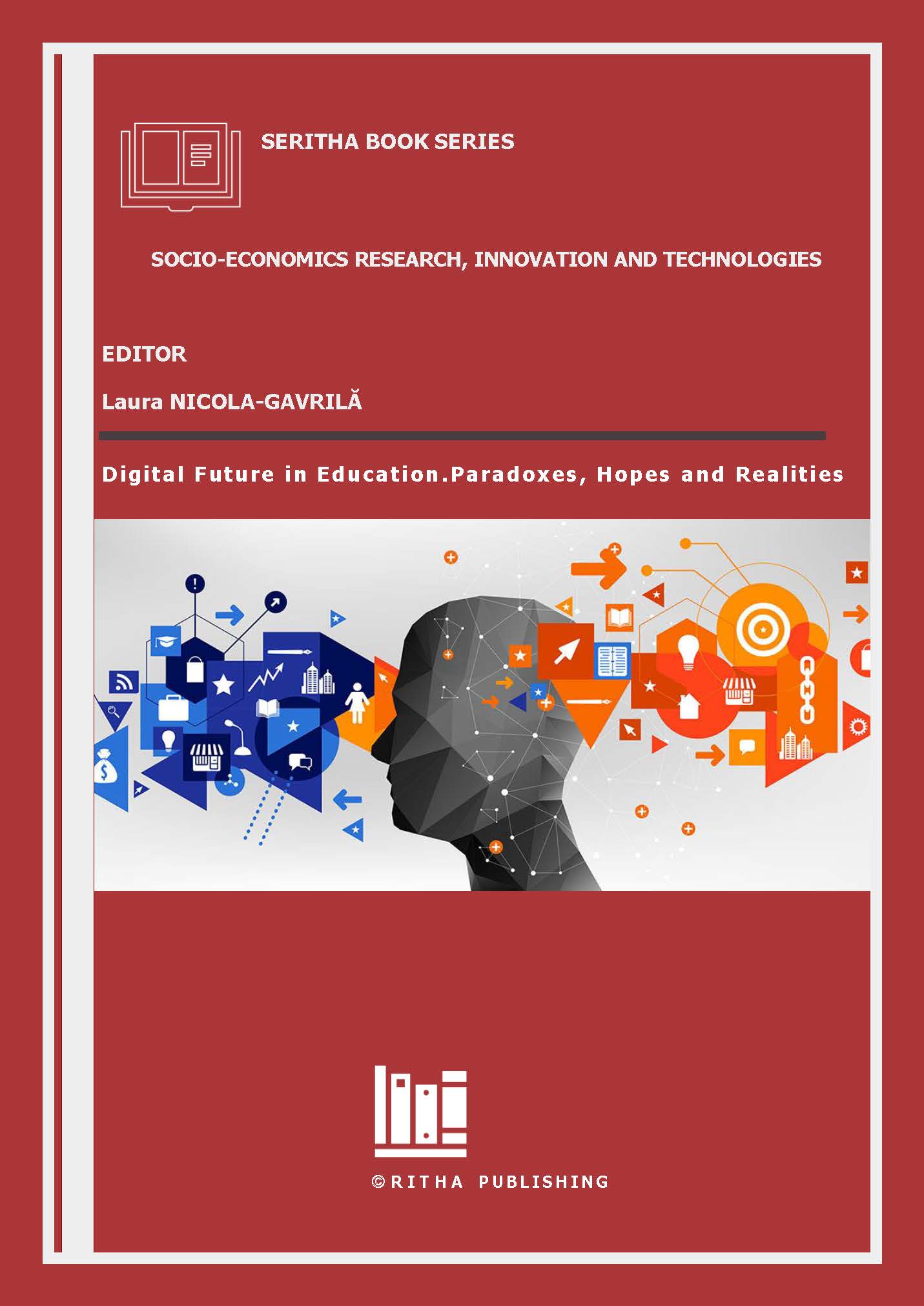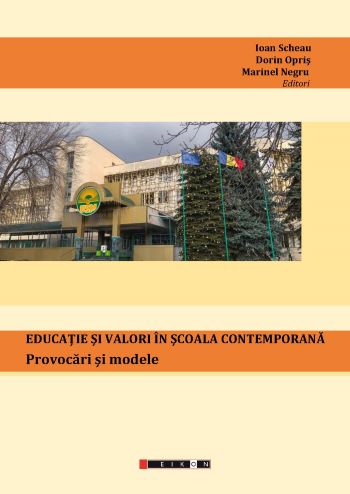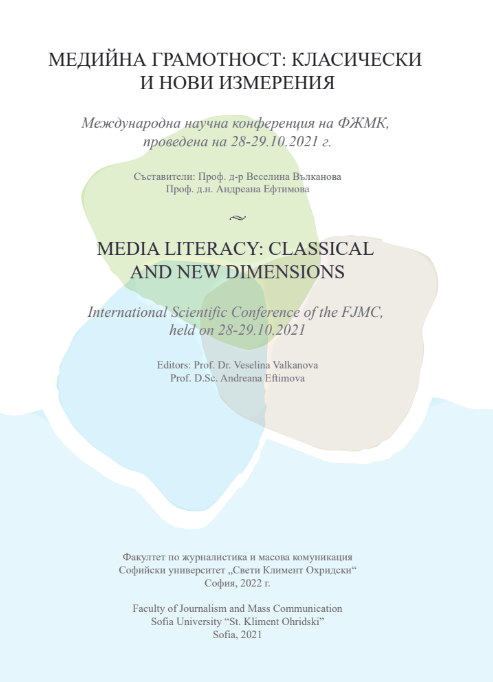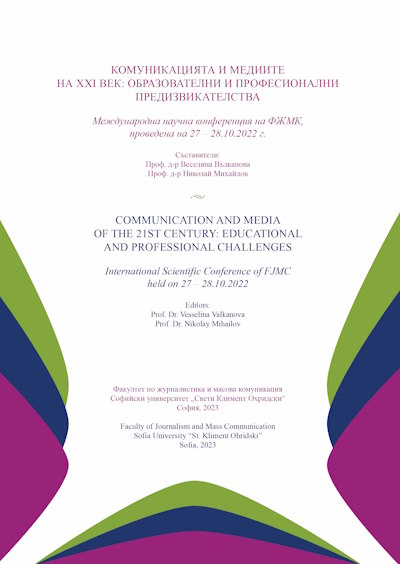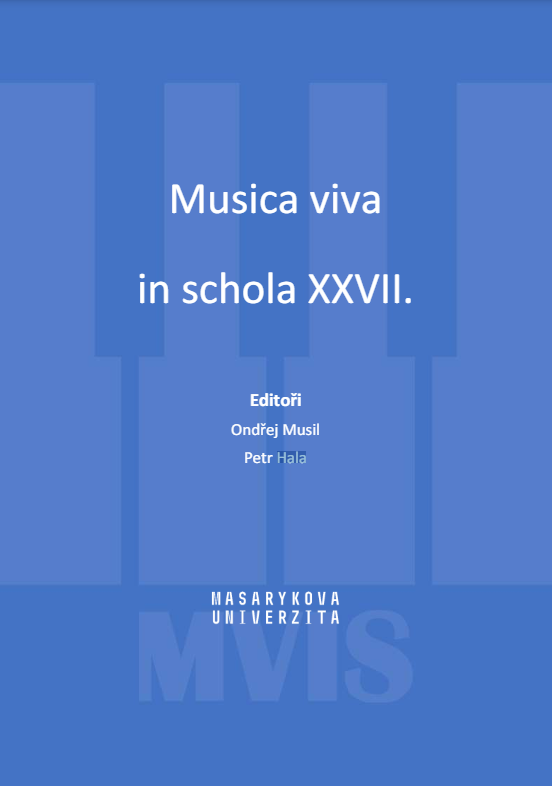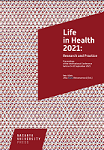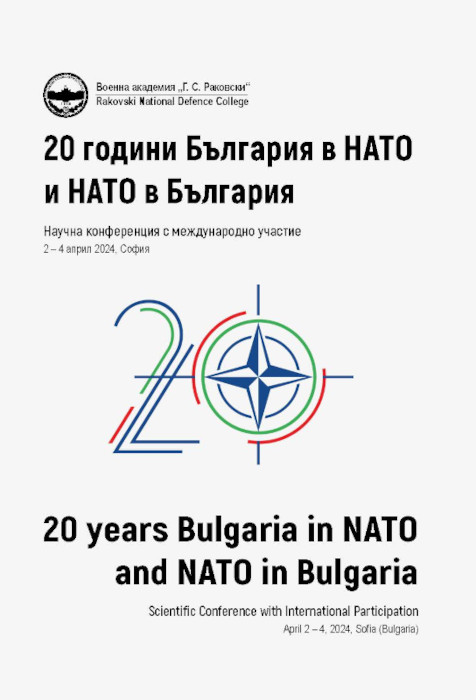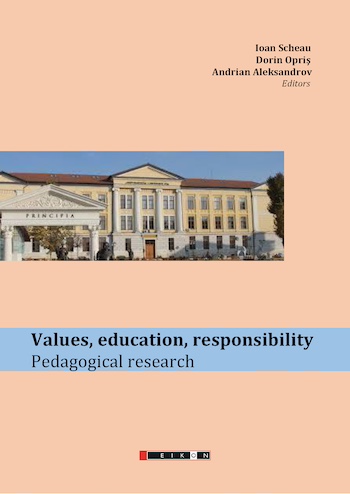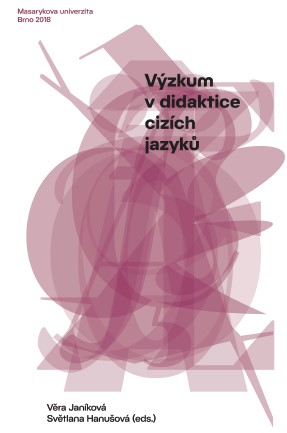
POČÍTAČEM ASISTOVANÉ UČENÍ JAZYKŮ A ROZVOJ ŘEČOVÉ DOVEDNOSTI MLUVENÍ V KONTEXTU HER, SIMULACÍ, HRANÍ ROLÍ A ÚKOLOVĚ ORIENTOVANÉ VÝUKY
This review describes and critically analyses studies concerned with second language acquisition published between the years 2007 and 2017 which focus on developing the language skill of speaking by means of computer-assisted language learning (CALL). The broad topic of CALL is further narrowed down by concepts of task-based learning (TBL), simulations, role-playing, features of games and social interaction and their interplay. This review offers not only thorough description but also critical analysis of the research available in this field. Apart from original studies, reviews and meta- analyses are also examined. Furthermore, chosen research papers are categorized and grouped together based on the nature of CALL they implement. The final chapters of this review summarize key findings in individual research articles and points out opportunities for further inquiry in the domain.
More...
